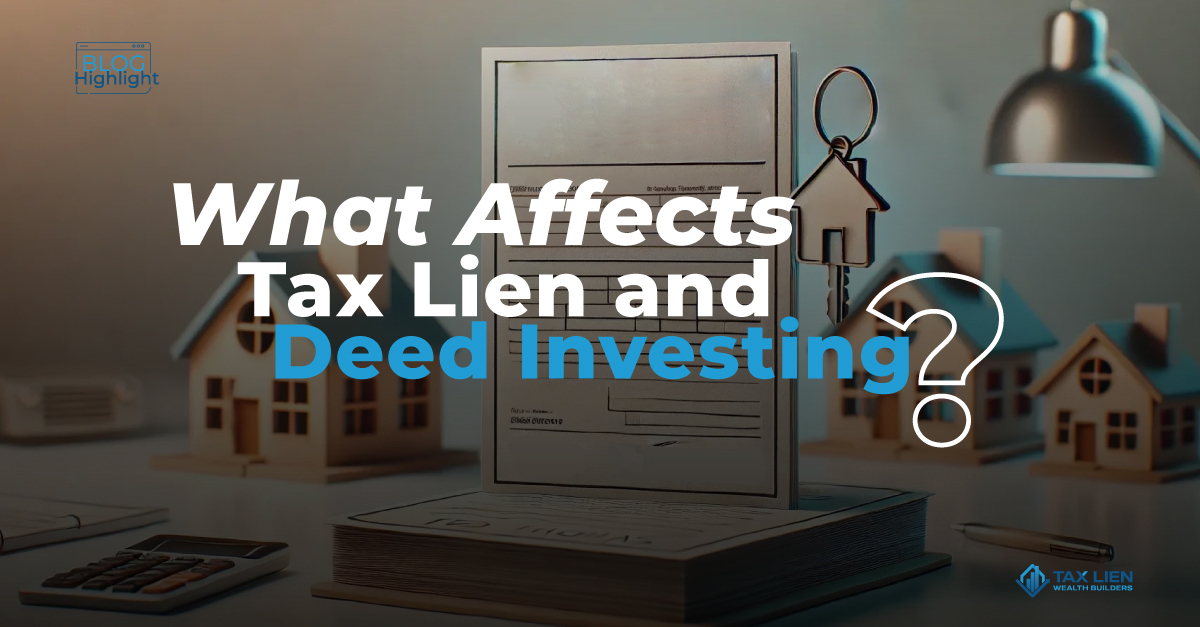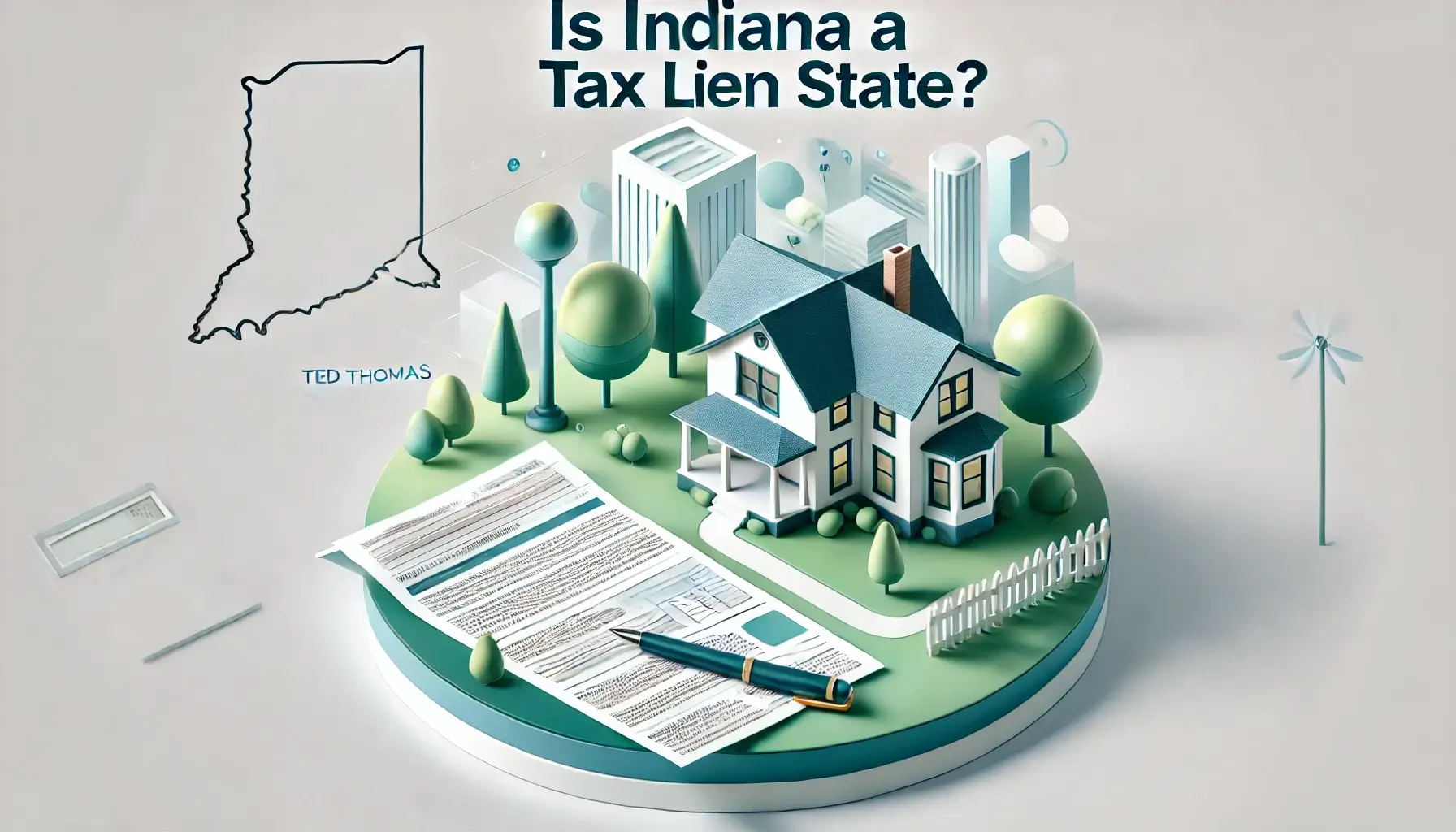All Categories
Featured
Table of Contents
Tax lien investing can provide your portfolio exposure to realty all without needing to really have residential property. Experts, nonetheless, state the process is made complex and advise that newbie capitalists can easily get shed. Below's every little thing you need to understand concerning spending in a tax obligation lien certificate, including exactly how it works and the dangers entailed.
The notification normally comes prior to harsher actions, such as a tax levy, where the Irs (INTERNAL REVENUE SERVICE) or neighborhood or community governments can actually confiscate somebody's property to recoup the financial obligation. A tax lien certificate is developed when a residential property proprietor has failed to pay their taxes and the city government issues a tax lien.
Tax obligation lien certifications are typically auctioned off to investors seeking to profit. To recoup the delinquent tax bucks, municipalities can after that sell the tax lien certification to personal capitalists, who take care of the tax costs for the right to gather that money, plus passion, from the homeowner when they eventually repay their balance.
Best Book On Tax Lien Investing
permit the transfer or project of delinquent actual estate tax obligation liens to the economic sector, according to the National Tax Lien Association, a not-for-profit that stands for federal governments, institutional tax lien capitalists and servicers. Here's what the procedure appears like. Tax obligation lien capitalists need to bid for the certification in an auction, and just how that process functions depends upon the certain district.
Get in touch with tax obligation authorities in your area to make inquiries exactly how those delinquent tax obligations are gathered. The district establishes an optimum rate, and the bidder offering the lowest passion rate beneath that optimum wins the public auction.
The winning prospective buyer has to pay the whole tax costs, including the delinquent debt, rate of interest and fines. The investor has to wait up until the property proprietors pay back their whole balance unless they do not.
While some investors can be compensated, others could be captured in the crossfire of difficult regulations and loopholes, which in the worst of conditions can cause large losses. From a plain earnings standpoint, the majority of capitalists make their money based upon the tax obligation lien's rate of interest. Rate of interest differ and depend upon the jurisdiction or the state.
Earnings, however, do not always total up to yields that high throughout the bidding procedure. Ultimately, the majority of tax obligation liens acquired at auction are marketed at prices in between 3 percent and 7 percent country wide, according to Brad Westover, executive director of the National Tax Lien Association. Before retiring, Richard Rampell, formerly the president of Rampell & Rampell, an audit firm in Hand Coastline, Florida, experienced this direct.
Tax Lien And Deed Investing
Then huge institutional capitalists, consisting of banks, hedge funds and pension plan funds, chased after those higher yields in auctions around the nation. The bigger investors assisted bid down passion prices, so Rampell's team wasn't making substantial money any longer on liens.
That seldom happens: The tax obligations are generally paid prior to the redemption date. Liens likewise are first eligible repayment, also prior to mortgages. However, tax liens have an expiry date, and a lienholder's right to confiscate on the residential or commercial property or to gather their financial investment expires at the exact same time as the lien.
"Often it's six months after the redemption period," Musa says. "Do not believe you can just acquire and forget it." Private financiers that are considering investments in tax obligation liens should, most importantly, do their homework. Specialists suggest avoiding buildings with ecological damage, such as one where a gasoline station disposed hazardous material.
Tax Lien Invest
"You should truly understand what you're acquiring," states Richard Zimmerman, a companion at Berdon LLP, an audit firm in New York City. "Recognize what the home is, the neighborhood and values, so you do not purchase a lien that you will not have the ability to gather." Potential financiers need to additionally look into the building and all liens versus it, in addition to recent tax obligation sales and list price of similar homes.
"Individuals get a checklist of residential properties and do their due diligence weeks prior to a sale," Musa claims. "Half the homes on the checklist might be gone due to the fact that the tax obligations obtain paid.
Tax Lien Investing Course

Westover states 80 percent of tax lien certifications are offered to participants of the NTLA, and the firm can often compare NTLA participants with the best institutional financiers. That could make taking care of the procedure easier, especially for a beginner. While tax lien investments can use a generous return, understand the small print, details and policies.
"But it's complicated. You need to comprehend the information." Bankrate's added to an upgrade of this story.
Real estate tax liens are a financial investment niche that is ignored by most investors. Investing in tax liens can be a profitable though fairly high-risk business for those that are experienced concerning property. When people or services fall short to pay their real estate tax, the towns or various other government bodies that are owed those tax obligations place liens against the buildings.
Texas Tax Lien Investing
These claims on security are likewise traded among investors that want to generate above-average returns. With this procedure, the community gets its tax obligations and the investor obtains the right to collect the amount due plus interest from the debtor. The procedure hardly ever finishes with the financier taking ownership of the building.
If you need to foreclose, there might be various other liens versus the home that maintain you from taking ownership. You can likewise spend indirectly by means of building lien funds.
It effectively binds the property and stops its sale till the proprietor pays the taxes owed or the home is seized by the financial institution. When a landowner or property owner fails to pay the taxes on their building, the city or area in which the residential or commercial property is located has the authority to put a lien on the property.
Residential property with a lien connected to it can not be offered or re-financed until the taxes are paid and the lien is eliminated. When a lien is released, a tax lien certification is created by the town that reflects the amount owed on the home plus any kind of rate of interest or fines due.

It's approximated that an added $328 billion of residential or commercial property tax obligations was assessed throughout the United state in 2021. It's challenging to evaluate nationwide home tax lien numbers.
Table of Contents
Latest Posts
Tax Forfeited Property
Foreclosure Overbids
List Of Unpaid Property Taxes
More
Latest Posts
Tax Forfeited Property
Foreclosure Overbids
List Of Unpaid Property Taxes